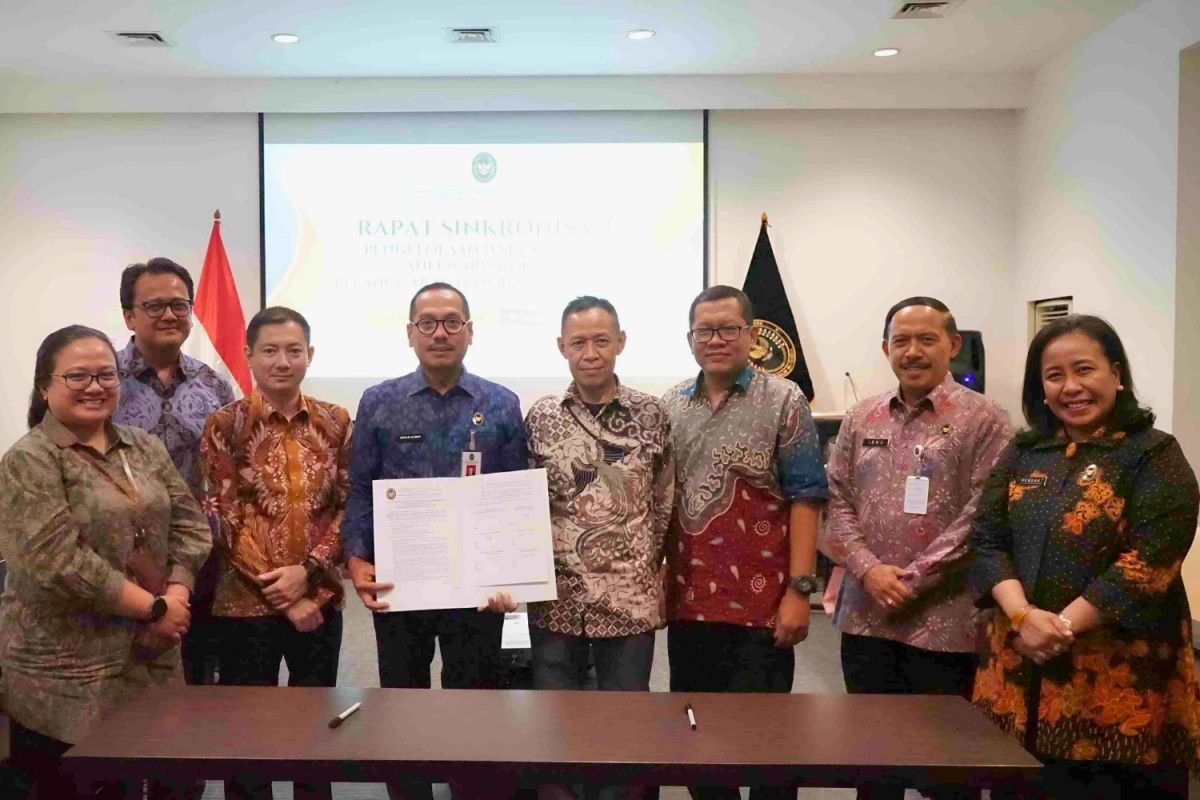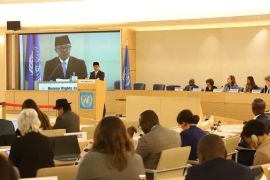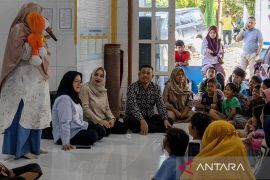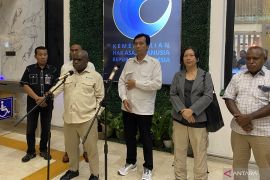Ibnu Chuldun, deputy for Human Rights Coordination of the Coordinating Ministry for Law, Human Rights, Immigration, and Corrections, revealed that the agreement includes creating an integrated data system, producing guidelines for determining victim status, and conducting ongoing monitoring.
"The steps affirm the state's commitment to providing comprehensive recovery that supports survivors," Chuldun said, as quoted in a written statement confirmed in Jakarta on Monday.
He emphasized that handling gross human rights violations through an administrative approach alone is inadequate, and that rebuilding trust so the victims feel supported by the state is even more important.
According to Chuldun, recovery efforts must go beyond symbolic recognition and be realized through ongoing, concrete service.
Similarly, Supartono, expert staff for Human Resources and Digital Transformation of the Coordinating Ministry for Law and Human Rights, encouraged strengthening data infrastructure as a foundation for credible verification and emphasized the importance of a digital approach in managing victim data.
"Integrating victim data cannot be done manually. We need a reliable, digital, and secure system so that the process is not only fast but also accurate and accountable across generations," Supartono remarked.
Related news: Government promises to back new truth, reconciliation commission law
Atnike Nova Sigiro, coordinator of the Subcommission for the Advancement of Human Rights at the National Commission on Human Rights (Komnas HAM), also pointed to challenges in the identification of victims, particularly for older cases.
She also emphasized that identification should not rely solely on administrative data.
"Victim identification is not just about a list of names, but a narrative—who they are, what happened, and how we ensure that their experiences are recognized by the state," Sigiro stated.
While data collection has been ongoing for some time, the government acknowledged key unresolved challenges, such as the lack of binding normative regulations regarding the mechanism for determining victim status.
Furthermore, the definition and classification of victims of gross human rights violations vary across institutions, potentially hindering the recovery process.
To address these challenges, the government agreed on three strategic recommendations. First, to develop an integrated data management system for victims of gross human rights violations to prevent overlap and improve accuracy across institutions.
Second, to establish national guidelines for determining and classifying victim status as a common reference for verification and validation.
Third, to implement ongoing monitoring of recovery efforts by ministries and agencies as mandated by Presidential Instruction Number 2 of 2023.
Related news: Komnas HAM still prioritizing human rights issue in Papua in 2024
Translator: Agatha Olivia Victoria, Cindy Frishanti Octavia
Editor: Rahmad Nasution
Copyright © ANTARA 2025











